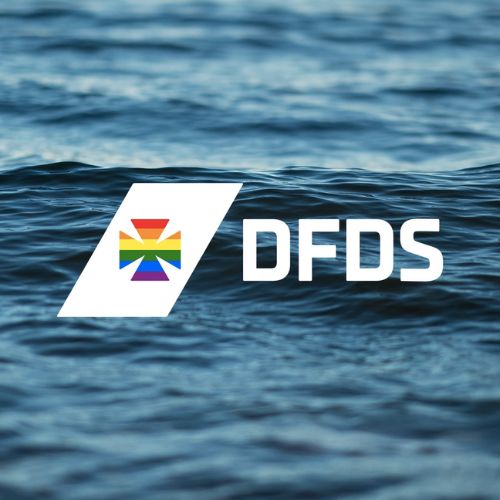
History of DFDs
DFDs have been around for more than a century, and their popularity is only increasing. As the transport and logistics industry becomes increasingly complex, DFDs are becoming an essential tool for solving problems.
DFDs were originally developed to improve transportation efficiency by providing experts with real-time information about traffic conditions. Today, DFDs are used in many other industries to improve efficiency and performance.
Some of the most popular uses for DFDs include:
Managing truck routes: DFDs can help truckers find the shortest route between two points. This can reduce fuel consumption and emissions, while also reducing congestion on roads.
Monitoring cargo loading and unloading: By tracking items as they are loaded or unloaded, DFDs can prevent accidents from happening or reduce the amount of time needed to load or unload cargo.
Predicting traffic delays: By predicting peak times and traffic conditions, DFDs can help companies plan their transportation accordingly. This can reduce congestion on roads and save time overall.
Services offered by DFDs
DFDs provide transport and logistics services to a wide range of industries, including manufacturing, distribution, and transportation. They offer a variety of services, including:
-Freight forwarding
-Transportation management
-Shipment inspection
-Carrier management
-Container shipping
-Air cargo
-Pilotage
-Road transport
Areas of expertise for DFDs
DFDs are experienced transport and logistics specialists with the knowledge and experience to deliver successful solutions. As a result, they can provide a wide range of services, from freight transportation planning and forecasting to cargo handling and warehousing.
Some of the areas in which DFDs may be particularly well-qualified include: air cargo management, container shipping, international freight forwarding, ocean transportation, rail transportation, road transportation, trucking services, and warehouse management. In addition to their expertise in these specific areas, DFDs often have significant experience working with other industries such as manufacturing or technology firms.
DFDs typically have a degree in transport or logistics or a related field and many have years of experience in the industry. Many also have certifications or other qualifications in areas such as safety management or warehousing.

What makes DFDs unique
DFDs are unique in the transport and logistics industry because of their ability to bridge the gap between experience and expertise. They combine the best of both worlds, giving companies a complete view of their supply chain while providing experienced transport and logistics professionals with the tools they need to optimize operations.
DFDs can provide critical insights into customer behavior, transportation patterns, and supply chain performance. By gathering data from all parts of the organization, DFDs can provide real-time information that can help companies make better decisions and improve overall efficiency.
Conclusion
Delivery and freight delivery DFDs is an industry that continues to grow at a rapid pace, as companies seek to improve their efficiency across all stages of the supply chain. This growth has created a need for experienced logistics professionals who can provide cost-effective, reliable solutions to complex transportation and distribution challenges. In this article, we spotlight some of the best DFDs in the industry and discuss what makes them so successful. We also provide tips on how you can find a DFD that meets your specific needs. So if you're looking for an edge in today's competitive market, look no further than DFDs!



